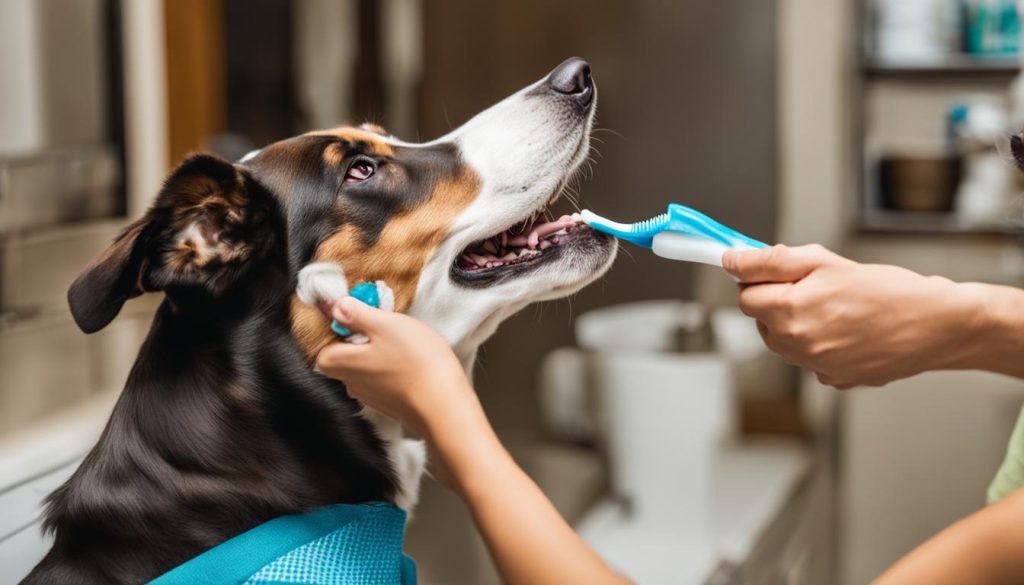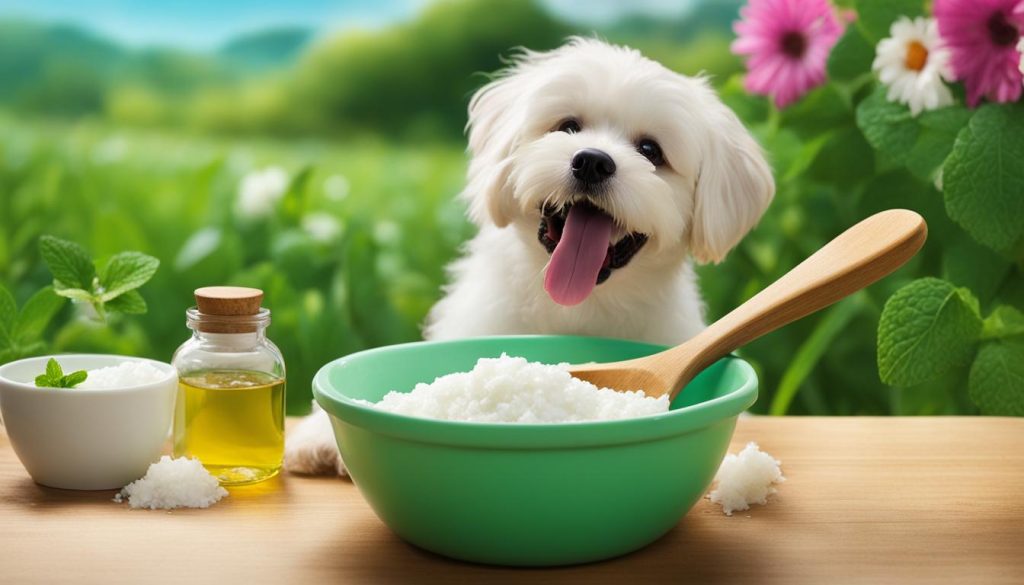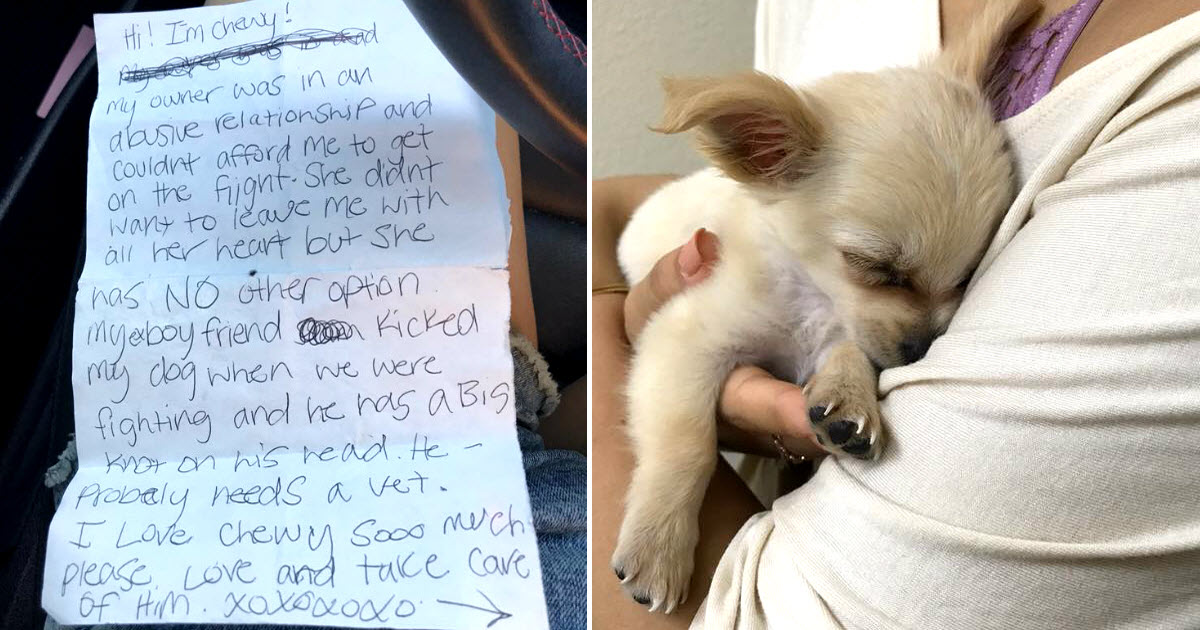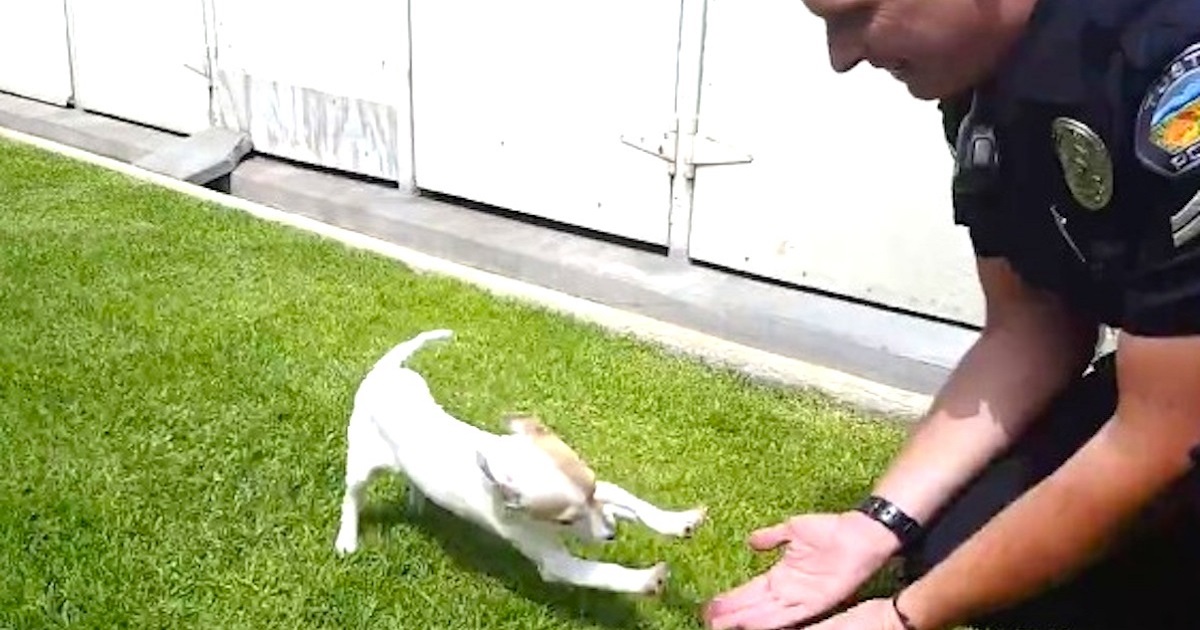As a dog owner, I understand the importance of taking care of my furry friend’s oral health. Doggie breath can be a common issue, but there are ways to combat it and keep our pups’ teeth and gums healthy. One of the best solutions is homemade dog toothpaste, which offers a natural and safe alternative to commercial products. In this article, I will share the benefits of homemade toothpaste for dogs, provide a DIY recipe, and offer insights into oral hygiene and dental care for our canine companions.
When it comes to choosing toothpaste for our dogs, it’s essential to opt for a safe and effective option. Many human toothpastes can be toxic to dogs due to their ingredients, such as xylitol and fluoride. That’s why homemade toothpaste made with organic and natural ingredients is the best choice. By using ingredients like baking soda, coconut oil, mint, and essential oils, we can effectively fight bacteria, reduce plaque, and freshen our dogs’ breath.
But why go through the trouble of making our own toothpaste when there are commercial options available? The answer is simple – commercial toothpastes often contain artificial ingredients and flavors that may not be suitable for our dogs’ oral health. By making homemade toothpaste, we have full control over the ingredients we use, ensuring that our dogs receive the best possible care.
In the following sections, I will delve deeper into the importance of oral hygiene for dogs, provide tips on choosing the right toothpaste, highlight the benefits of homemade toothpaste, share a DIY recipe, and discuss other dental hygiene practices. I will also address potential risks and precautions to keep in mind when it comes to dog dental care. Let’s embark on this journey towards better oral health for our furry companions!
Making Homemade Dog Toothpaste
Creating your own homemade dog toothpaste is a simple and cost-effective way to prioritize your furry friend’s oral health. By using natural ingredients, you can ensure that your dog receives the best care without the risk of harmful chemicals or additives found in commercial toothpastes. Plus, making your own toothpaste allows you to customize the flavors and ingredients to suit your dog’s taste preferences and specific dental needs.
There are various recipes available for homemade dog toothpaste, each incorporating different ingredients for added benefits. A popular recipe includes a combination of coconut oil, baking soda, and mint or parsley for flavor. Coconut oil has antimicrobial properties that can help fight bacteria in the mouth, while baking soda acts as a whitening and cleaning agent. Mint and parsley provide natural freshness and can help reduce plaque and gum inflammation.
Here’s a simple recipe to get you started:
DIY Dog Toothpaste Recipe
2 tablespoons of coconut oil
1 tablespoon of baking soda
A few drops of mint or parsley essential oil
To make the toothpaste, simply mix all the ingredients together until well combined. You can store the homemade toothpaste in an airtight container at room temperature, away from heat and sunlight. It’s important to note that this recipe is for external use only, so make sure your dog doesn’t swallow the toothpaste during brushing.
Remember, regular brushing with homemade toothpaste is just one part of a comprehensive dental care routine for your dog. Alongside proper toothbrushing, it’s important to incorporate other dental hygiene practices such as dental chews, clean food and water bowls, and regular veterinary check-ups. By prioritizing your dog’s oral health, you can help prevent dental issues and keep their teeth and gums strong and healthy.
Benefits of Homemade Dog Toothpaste
When it comes to maintaining the oral hygiene of our furry friends, homemade dog toothpaste offers several benefits. Not only does it promote good oral health but it also reduces plaque buildup and helps freshen their breath. Unlike commercial toothpaste, homemade options are free from harmful chemicals, additives, and artificial flavors. By using natural ingredients like baking soda, coconut oil, and herbs, we can provide our dogs with the best care for their oral health while ensuring their safety.
Regular use of homemade toothpaste can effectively remove food particles and bacteria from their teeth, preventing plaque formation and reducing the risk of periodontal disease. It also helps strengthen their gums and improve breath freshness by minimizing odor-causing bacteria in their mouth. With homemade toothpaste, we have control over the ingredients used and can customize recipes to suit their taste preferences and specific health needs.
Overall, homemade dog toothpaste is a simple, affordable, and safe alternative to commercial toothpastes. By incorporating natural ingredients, we can enhance their oral hygiene routine and provide them with the best possible care. The table below summarizes the key benefits of homemade toothpaste for dogs.
- Reduces plaque buildup
- Prevents periodontal disease
- Strengthens gums
- Improves breath freshness
- Free from harmful chemicals and additives
- Customizable to their taste preferences and health needs
By making our own homemade toothpaste for dogs, we can ensure that they receive optimal oral care without compromising their health. With regular brushing using homemade toothpaste and incorporating other dental hygiene practices, such as toothbrushing and clean dishes, we can maintain their oral health and prevent potential dental issues. Remember to consult with a veterinarian for guidance on choosing the right dental products and maintaining your dog’s oral hygiene routine.
The Importance of Oral Hygiene for Dogs
Maintaining proper oral hygiene is crucial for dogs’ overall health. Poor oral health can lead to various health issues including heart disease and kidney problems. Many dogs and cats show signs of oral disease by age three. Regular dental care, including brushing and using dental
chews or water additives, can help prevent periodontal disease and strengthen gums.
Dog Dental Chews
Dog dental chews are effective in promoting good oral hygiene as they help remove plaque and tartar buildup, freshen breath, and stimulate gums. These chews come in different sizes and shapes to suit various breeds and chewing habits. The chewing action helps to mechanically clean the teeth and gums, reducing the risk of dental problems.
| Benefits of Dog Dental Chews | Features |
|---|---|
| Reduces plaque and tartar buildup | Textured surface and chewing action scrape away plaque |
| Freshens breath | Natural flavors neutralize odor-causing bacteria |
| Stimulates gums | Chewing action encourages healthy gum tissue |
Dog Water Additives
Dog water additives can also be used to reduce plaque formation and improve breath freshness. These additives are mixed with the dog’s water to promote oral health from the inside out. They often contain ingredients like enzymes or antibacterial agents that help control plaque and fight bacteria in the mouth.
| Benefits of Dog Water Additives | Features |
|---|---|
| Reduces plaque formation | Enzymes break down plaque-causing bacteria |
| Improves breath freshness | Natural flavorings combat odor-causing bacteria |
| Promotes overall oral health | Helps maintainhealthy gums and prevent dental issues |
In addition to these practices, regular toothbrushing and clean dishes are essential for maintaining dogs’ oral health. Brushing dogs’ teeth at least three times a week using a toothbrush and toothpaste specifically designed for dogs helps remove plaque and prevent tartar buildup. Clean food and water bowls also play a role in preventing the growth of bacteria and germs that can contribute to dental problems.

Choosing the Right Toothpaste for Your Dog
When it comes to maintaining your dog’s oral health, choosing the right toothpaste is essential. It’s important to avoid using human toothpaste as it can contain ingredients that are toxic to dogs, such as xylitol and fluoride. Instead, opt for toothpaste specifically formulated for dogs or make your own homemade toothpaste using natural ingredients.
Commercial toothpastes for dogs often contain artificial additives and flavors. To ensure the safety and well-being of your furry friend, look for toothpastes with USDA certified organic ingredients and natural flavors like peppermint essential oil. Homemade toothpaste is another great option, as it allows you to control the ingredients and customize the flavor to your dog’s liking. Ingredients like baking soda, coconut oil, and herbs can be used to create a safe and effective toothpaste for your canine companion.
When choosing a toothpaste, it’s also important to consider your dog’s specific needs. Some toothpastes may be better suited for dogs with sensitive teeth or gums, while others may target tartar control or bad breath. Consulting with your veterinarian can help you determine the best toothpaste for your dog based on their individual oral health needs.
| Toothpaste Type | Benefits |
|---|---|
| Commercial Toothpaste | – Convenient – Specifically formulated for dogs – Available in various flavors |
| Homemade Toothpaste | – Customizable ingredients – No artificial additives – Control of flavor and texture |
| Specialized Toothpaste | – Sensitive teeth or gums – Tartar control – Bad breath |
Other Dental Hygiene Practices for Dogs
In addition to using homemade toothpaste, there are several other dental hygiene practices that can contribute to maintaining your dog’s oral health. Regular toothbrushing is essential for removing plaque and preventing tartar buildup. It is recommended to brush your dog’s teeth at least three times a week, using a toothbrush and toothpaste specifically designed for dogs. This helps remove food particles and bacteria, reducing the risk of gum disease and tooth decay.
Dental wipes and sprays can also be utilized to clean your dog’s teeth and freshen their breath. These products are convenient alternatives to toothbrushing and can be particularly useful for dogs who are resistant to the brushing process. Dental wipes can help reduce plaque and tartar accumulation, while dental sprays can help combat bacteria and eliminate bad breath.
Alongside these practices, it is important to schedule regular veterinary check-ups for your dog. Professional dental cleanings performed by a veterinarian are necessary to thoroughly remove tartar and plaque that cannot be eliminated through regular home care. Additionally, dental check-ups allow for the early detection and treatment of any dental issues, ensuring your dog’s dental health is consistently monitored and maintained.
| Dental Hygiene Practices | Benefits |
|---|---|
| Regular toothbrushing | – Removes plaque and prevents tartar buildup – Reduces the risk of gum disease and tooth decay |
| Dental wipes and sprays | – Convenient alternatives to toothbrushing – Help reduce plaque and tartar accumulation – Combat bacteria and freshen breath |
| Regular veterinary check-ups | – Professional dental cleanings for thorough plaque and tartar removal – Early detection and treatment of dental issues |
Maintaining clean food and water bowls is another essential aspect of dental hygiene for dogs. Dirty bowls can harbor bacteria and contribute to dental problems. Ensure to wash your dog’s food and water bowls regularly to prevent the growth of harmful germs and maintain their overall oral health.
Potential Risks and Precautions with Dog Dental Care
When it comes to caring for our furry friends’ oral health, it’s important to be aware of potential risks and take necessary precautions. While dog dental care practices can greatly benefit your pet’s oral hygiene, it’s crucial to introduce new dental care routines gradually and watch for any signs of discomfort or adverse reactions. Every dog is unique, and what works for one may not work for another.
Some dogs may have adverse reactions to certain dental products, such as experiencing digestive issues or even tooth fractures. That’s why it’s important to consult with a veterinarian to determine the best dental care practices for your dog’s specific needs. They can provide guidance on choosing the right dental products and ensure that they are safe for your furry friend.
Supervision is key, especially when offering dental chews to your dog. While chewing on dental treats helps promote oral health by removing plaque and tartar, it’s important to monitor your dog to make sure they don’t swallow large pieces or exhibit signs of discomfort. Safety should always be a priority to prevent any choking hazards or potential digestive issues.
Remember, maintaining your dog’s oral health is a vital part of their overall well-being. Regular veterinary check-ups, along with a consistent dental care routine, can help prevent dental problems and address any issues before they become more serious. By being proactive and taking precautions, you can ensure that your dog’s teeth stay clean and healthy.
FAQ
What causes doggie breath?
Doggie breath can be caused by digestive issues, bacteria in the mouth from food, or problems with teeth and gums.
Can regular brushing help freshen a dog’s breath?
Yes, regular brushing with a natural toothpaste can fight bacteria and freshen breath.
Can I use human toothpaste to brush my dog’s teeth?
No, it’s important to choose the right toothpaste for dogs and avoid using human toothpaste, which can be toxic.
What ingredients are safe for homemade dog toothpaste?
Homemade toothpaste made with organic ingredients like baking soda, coconut oil, mint, parsley, and essential oils is the safest option.
Why is maintaining proper oral hygiene important for dogs?
Poor oral health can lead to various health issues including heart disease and kidney problems.
How can dental chews help promote good oral hygiene?
Dog dental chews help remove plaque and tartar buildup, freshen breath, and stimulate gums.
What should I consider when choosing toothpaste for dogs?
It’s important to choose toothpaste that is free from chemicals, dyes, preservatives, and artificial additives.
How does homemade dog toothpaste reduce plaque buildup?
Homemade toothpaste made with natural ingredients like baking soda helps remove food particles and bacteria, prevent plaque formation, and reduce the risk of periodontal disease.
Are there any risks associated with dog dental care?
Some dogs may have adverse reactions to certain dental products, so it’s important to introduce new practices gradually and observe any signs of discomfort or adverse reactions.
What other dental hygiene practices can help maintain dogs’ oral health?
Regular toothbrushing, using dental wipes or sprays, and regular veterinary check-ups are important for maintaining dogs’ oral health.
How can I ensure my dog’s safety while using dental products?
It is important to supervise dogs while they are chewing on dental treats to ensure they do not swallow large pieces or exhibit signs of discomfort.







